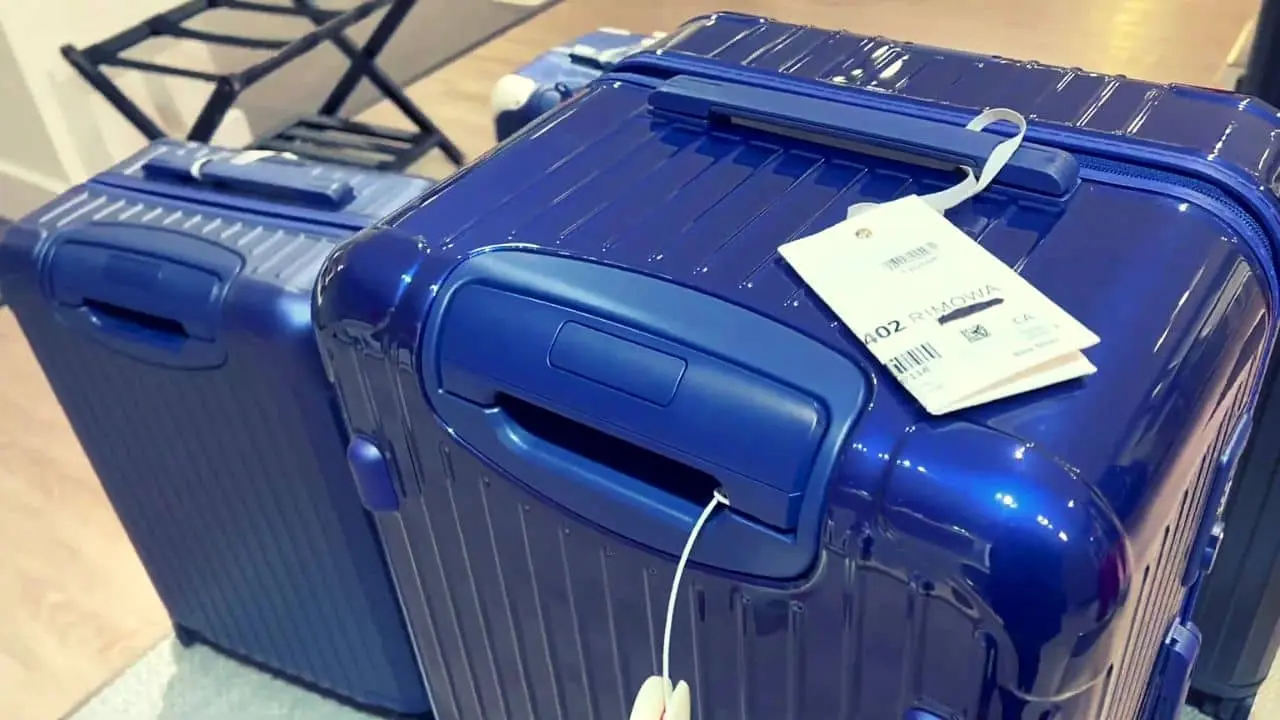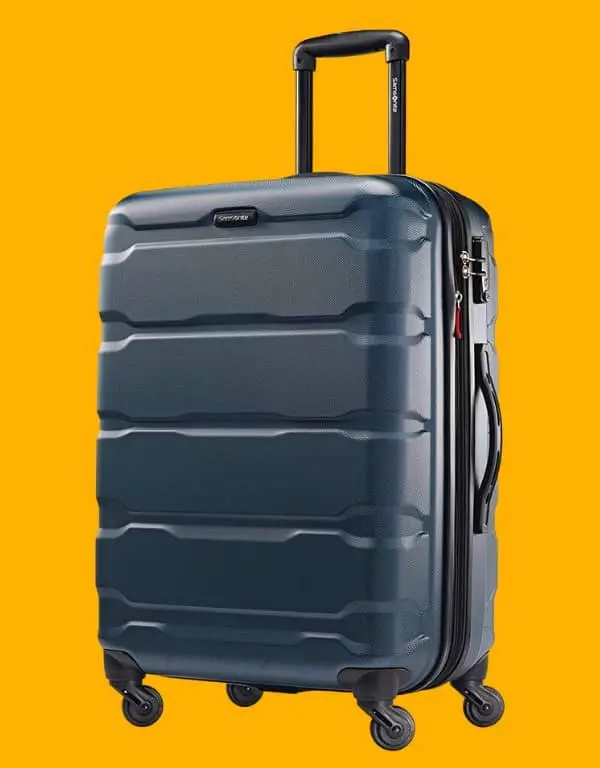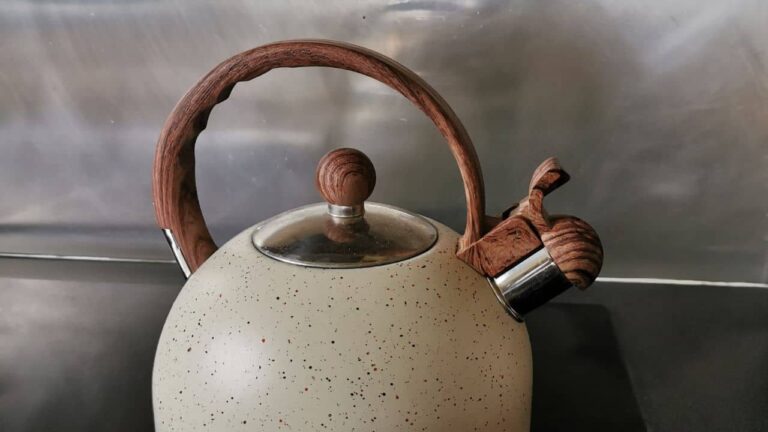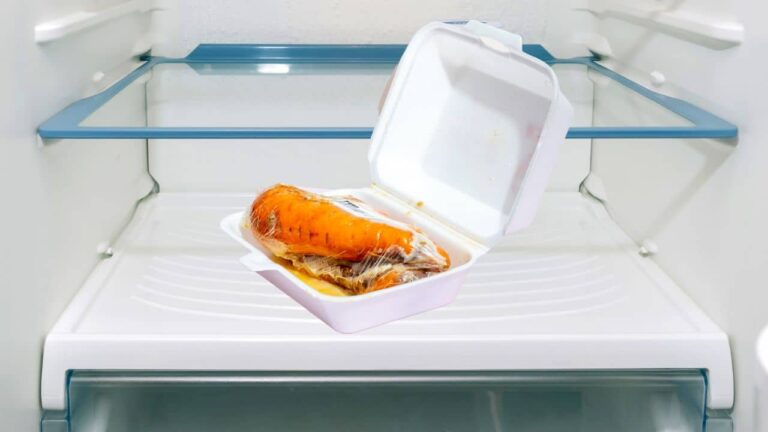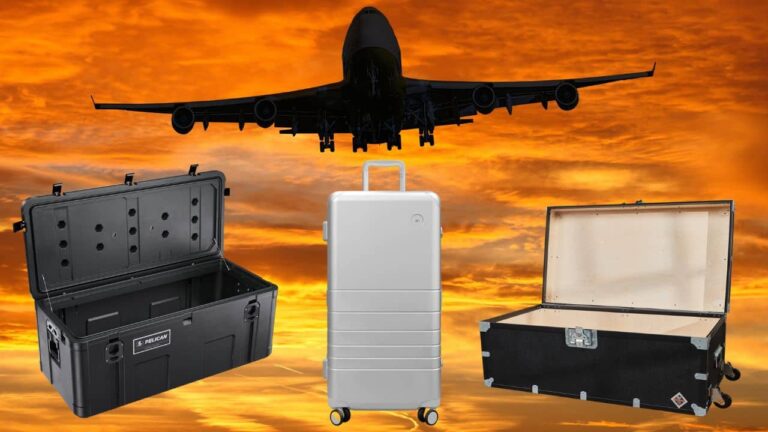Is Polycarbonate the Best Material for Your Next Luggage Purchase? Find Out Now!
Are you thinking about upgrading your suitcase? Well, I’m here to help you! After owning various types of luggage and putting them to the test, I’ll tell you whether the polycarbonate ones are worth the hype.
Yes, polycarbonate is, without a doubt, one of the best luggage materials available. It’s highly durable, doesn’t break easily, and is super light. All these features contribute to its longevity, making it well worth the price.
Read on as I take you on a detailed tour of all the pros and cons of polycarbonate luggage so you know what to expect!
What Is Polycarbonate Luggage?
I wanted to start by satisfying your curiosity and explaining what polycarbonate luggage is. I remember wanting to know everything about this material at one point!
Simply put, polycarbonate (PC) is a unique polyester type that’s commonly utilized as an engineering plastic. In case you didn’t know, engineering plastics have better mechanical, physical, and/or thermal properties than regular plastic.
If you’re wondering how or what this polyester is made of, things will get a little technical. PC is created through a polymerization reaction involving carbonic acid and bisphenol A. This reaction produces repeated polymers that form a polymer chain with remarkable hardness.
This is one of the primary characteristics of polycarbonate that makes it ideal for producing hard-shell suitcases. Add to that its ductility, versatility, as well as lightweight, and you have one of the best materials in this regard.
By the way, if you’re wearing glasses right now, you’re probably looking through polycarbonate! It’s widely used in manufacturing lenses as it’s exceptionally transparent, transmitting approximately 90% of visible light.
Weighing the Pros and Cons of Polycarbonate Luggage: Is It Right for You?
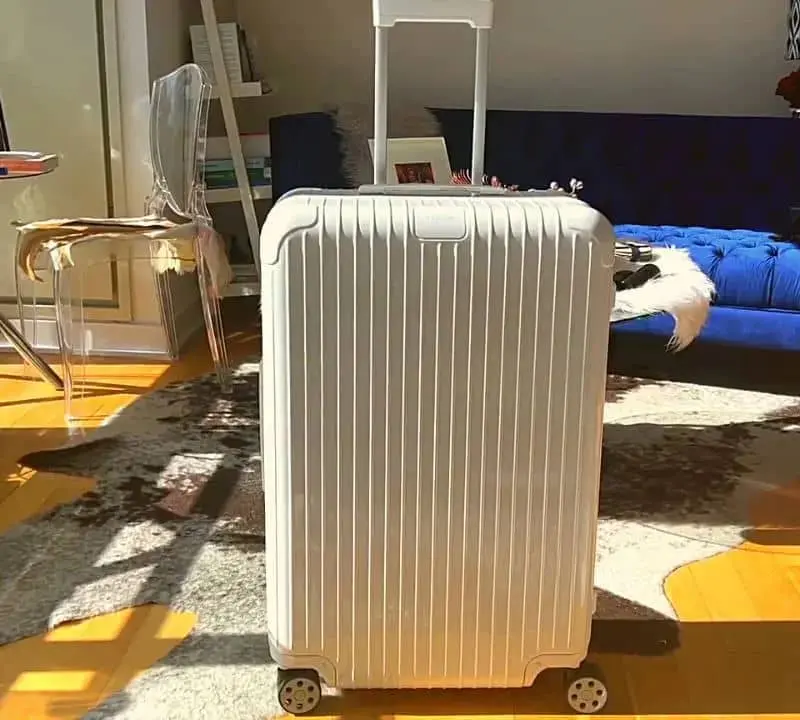
Now that you’ve learned about the nature of the material, it’s time to move on to the next step. To see if this type of luggage is a good match for you, check out the pros and cons comparison below.
Benefits of Polycarbonate Luggage
1. Durability
Polycarbonate luggage is the second most sturdy type after aluminum. Due to the molecular structure of this polyester that we discussed earlier, it’s nearly indestructible.
The bonds that connect its lengthy polymer chains are praised for their stiffness. That’s why you’ll find polycarbonate quite resistant to wear and tear over time. It’s also extremely unlikely that it’ll develop a bend or any similar deformity that visually bothers us.
Just so you know, polycarbonate and ABS are both considered high-quality thermoplastics. Nonetheless, PC remains superior in many ways, one of which is durability.
RELATED:
Is ABS Material Right for You? Pros and Cons of This Luggage Material
2. Lightweight
I’ve mentioned it before, and I’ll say it again: the weight of your suitcase matters. You don’t want it to be heavy on the airport scale, and you don’t want to dislocate your shoulder moving it around.
Polycarbonate is a naturally light material, so suitcases made of it are a breeze to transport. This is one of the many reasons they’re my favorite. Because, despite their durability, I find aluminum suitcases pretty dense to travel with.
RELATED:
The Pros and Cons of Aluminum Luggage: Is it the Best Choice for Travel?
When I travel, this polycarbonate suitcase (I love the SAMSONITE brand) is one of my favorites, and the price point offers a great quality-to-price ratio.
3. Crack-Resistant
Polycarbonate is renowned for its high impact strength, which is significantly higher than most plastics. In fact, because of how well it absorbs shocks without cracking, it’s used in manufacturing safety helmets.
Yet, to truly see an object’s crack resistance, I like watching it undergo a hydraulic press test! It simply shows how well a material can withstand external stress.
During the test, polycarbonate didn’t fully crack, but the damage caused by pressure was at 927 kilos (2,143 pounds)! So, unless a bison decides to nap on your suitcase, it’ll be fine.
For reference, this test was performed on 3D polycarbonate rather than a suitcase, but it still gives us a general idea of its strength.
4. Flexibility
This thermoplastic’s pliability will serve to protect your luggage in a variety of ways. For starters, it’s crucial for absorbing external force so that your suitcase doesn’t break when it falls or is crammed between other bags.
Moreover, because of this polyester’s flexibility, your suitcase can withstand severe temperatures without degrading quickly. For this particular quality, you’ll find polycarbonate used as a good substitute for glass!
Drawbacks of Polycarbonate Luggage
As we all know, nothing’s perfect, so let’s look at the two major downsides of polycarbonate:
1. Scratch Sensitivity
Yes, polycarbonate is almost unbreakable, but it can develop scratches. It has a soft top layer that can show rough impact marks; most plastics have this characteristic.
Consequently, luggage covers are my go-to if I’m going on a trip where I know my suitcase will be tortured. Thankfully, several cover types are available at different prices, so I’m sure you’ll find one that suits you.
Let me know if you want more tips for protecting your luggage, and if you have any, please share!
2. Relatively High Cost
Everything comes at a price, and the cost of a polycarbonate suitcase isn’t cheap. I can’t say it’s outrageously priced because aluminum luggage costs more. However, when compared to other popular materials such as ABS, polycarbonate is certainly more costly.
FAQS
Q1: Is Polycarbonate Luggage Toxic?
Polycarbonate isn’t toxic in its solid state. The problem arises from the release of bisphenol A (BPA) under certain conditions, such as heat exposure.
That’s why the severity of the situation is centered on food and beverage containers made of PC. You see, BPA is linked to multiple health issues, including those affecting the reproductive system and the heart.
Q2: Does Polycarbonate Luggage Crack?
Polycarbonate luggage is highly unlikely to crack. Because of its molecular structure, this thermoplastic has a high impact strength and is quite flexible. This, in turn, allows the luggage to tolerate higher pressure levels without breaking.
Wrapping Up
In the end, is polycarbonate luggage good? Of course, it is. If you’re a frequent traveler looking to invest in a long-lasting suitcase, polycarbonate is the material for you.
If you’re still hesitant or want to look into other options, I suggest reading my article on 5 most durable materials for your next trip. Hopefully, it’ll help you make the right decision!
RELATED:
Unbreakable Luggage: The Top 5 Most Durable Materials for Your Next Trip
Sources
- ScienceDirect: Polycarbonates
- Britannica: Polycarbonate chemical compound
- Why polycarbonate sheet is a better investment than glass
- University of Rochester Medical Center Rochester: A common plastic comes under scrutiny

